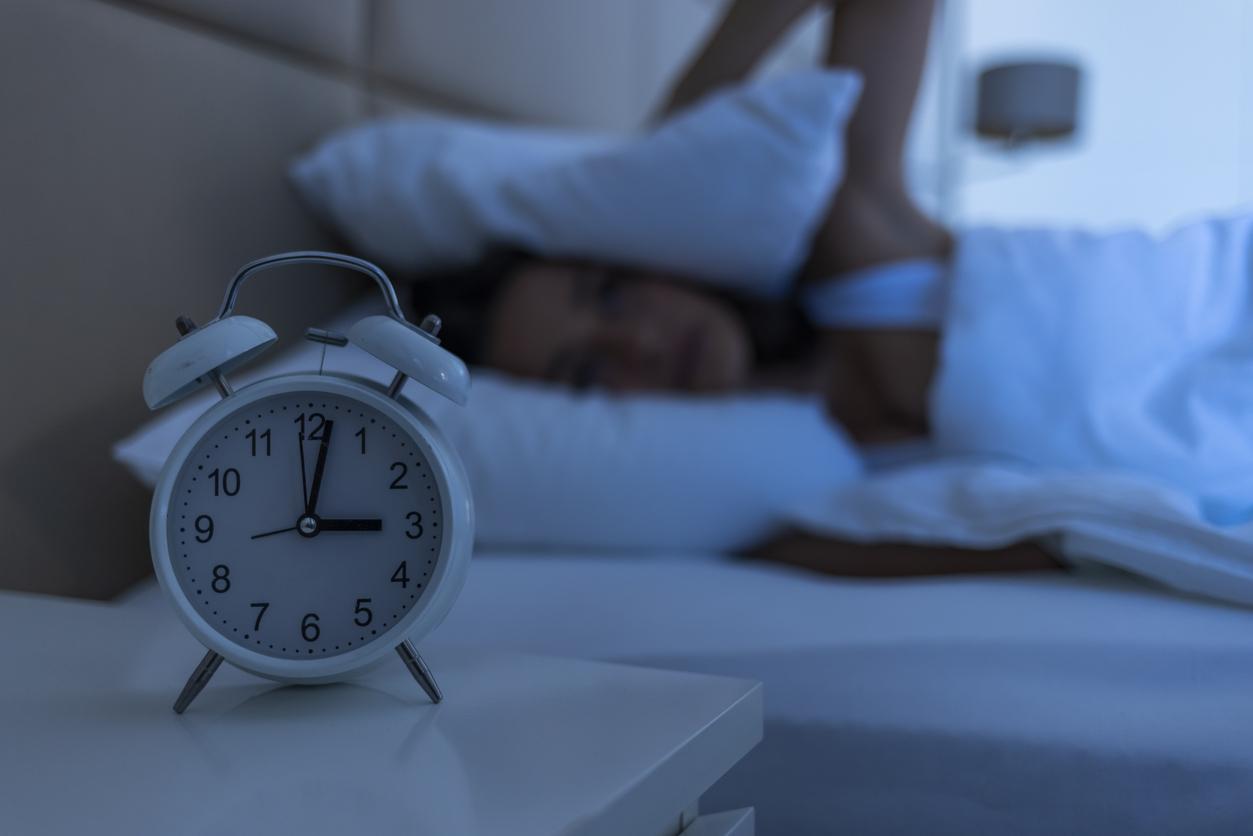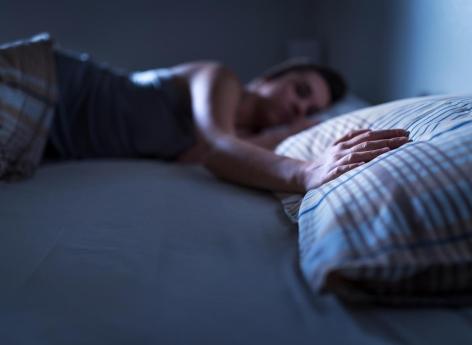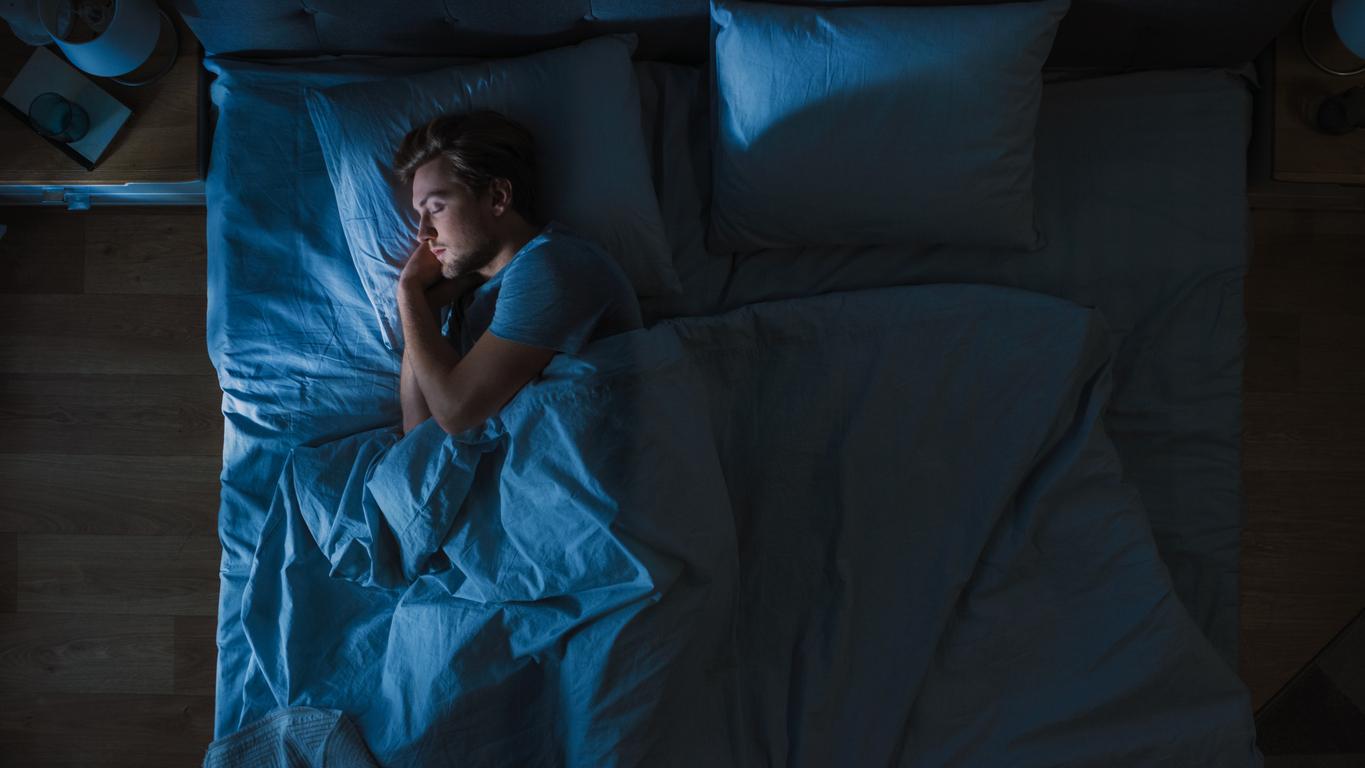From 17 hours of sleep per day in babies to 6 hours after age 65, sleep evolves throughout life.

If we still don’t know a lot about sleep, we do know its determining role in health. With almost a third of our life spent sleeping, its role is crucial for many biological functions at all ages.
The role of sleep is not the same according to age
If the amount of sleep we need varies with age, it is because the quality of sleep is not the same from baby to elderly person. In the youngest, the daily needs can go up to around 5 p.m., then gradually decrease to 10 a.m. on average for adolescents and 7 to 9 a.m. for adults. After age 65, this duration decreases further.
In the youngest in particular, but also throughout life, sleep has an essential role in growth, memorization and learning, as well as metabolism or immunity.
Sleep varies throughout life
In the smallest and up to adolescence, sleep has a primordial role in growth with deep slow-wave sleep which represents around 55% of the baby’s sleep time and paradoxical sleep much longer. The duration of sleep cycles is shorter at this age and progresses gradually from 50 to 60 minutes in newborns to 90 to 120 minutes in adults from the age of 3 to 4 years.
From around the age of 10, the duration of deep sleep decreases and stabilizes around 25% of the total sleep time. As you age, sleep becomes less and less deep, potentially leading to more nighttime awakenings that can feel like you’ve slept less.
To avoid fighting with your sleep after 65, it is therefore preferable to go to bed later and get up once awake, without insisting on staying in bed. A short 20-minute nap can also help limit sleepiness during the day.
Source: Mander BA, Winer JR, Walker MP. Sleep and Human Aging. Neuron. 2017 Apr 5;94(1):19-36. doi: 10.1016/j.neuron.2017.02.004. PMID: 28384471; PMC ID: PMC5810920.
Find out more: “Practical Guide to Better Sleep at Any Age: Get back to deep sleep and say goodbye to insomnia”, by Robert Denryck.
.

















